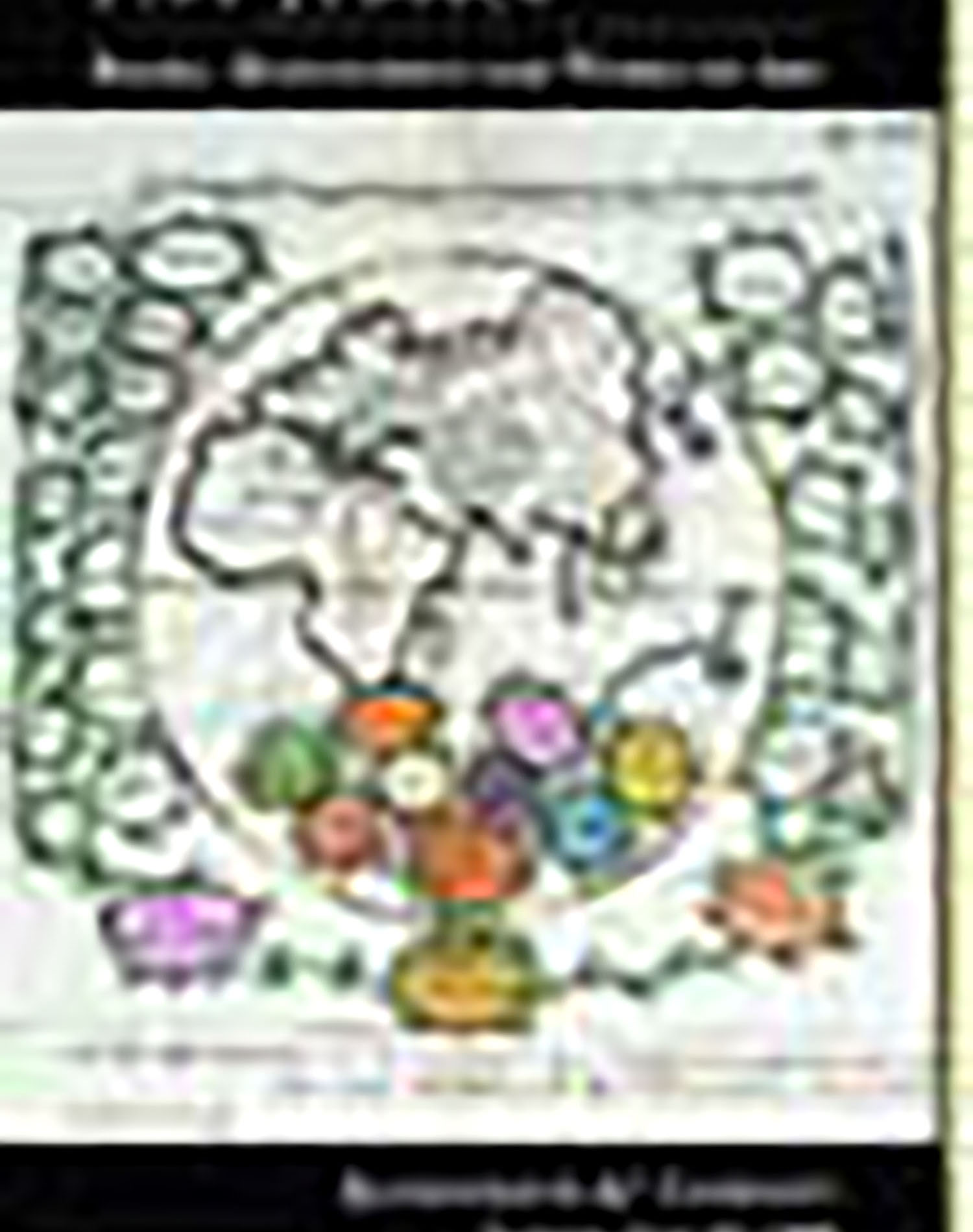Los Siete dias de la Semana, Sobre la Criacion del Mundo.

AUCTION 5 |
Tuesday, June 23rd,
1998 at 1:00
Fine Judaica: Books, Manuscripts and Works of Art
Lot 27
BARTAS, GUILLAUME SALLUSTRE DU.
Los Siete dias de la Semana, Sobre la Criacion del Mundo.
Amsterdam: Albert Bouwmeester 5372 and 5373 (i.e. 1612)
Est: $15,000 - $20,000
PRICE REALIZED $29,000
One of Only Five Recorded Copies: (Hebrew Union College, Cincinnati, Biblioteca Nacional, Madrid (2 copies), The Jewish Theological Seminary, New York and Herzog August Bibliothek, Wolfenbüttel).
The translator, Joseph (Francisco) de Caceres, was a professing Jew of the Marrano Diaspora who made an important contribution to Spanish literature in the 17th-century.
The work is a translation of the famous French epic-poem on the Creation, La Sepmaine ou la Création du Monde (1578) by the Huguenot poet du Bartas. The translator Francisco de Caceres, uses in this publication only, his Jewish first name, Joseph, apparently since it was intended for a Jewish public. There is one more copy extant of de Caceres’ translation of du Bartas, in which only the title-page and a privilege is different. Here his first name is given as Francisco, as the issue (printed in Antwerp by the Widow of Petrus Bellerus) is intended for a Christian public.
Born in Spain c.1574, de Caceres moved to Paris where styling himself “Gentilehombro Castellano” he published a French-Spanish work, Nuevos fieros españoles (Paris, 1608). He moved to Amsterdam in 1611, whereupon his literary activities continued along with his full allegiance to his religious faith. See H. den Boer, La Literatura Sefardi de Amsterdam (1995); M. Kayserling, Biblioteca Española Portugueza Judaica (1971) p.32.
With acknowledgment to Dr. A.K. Offenberg, Bibliotheca Rosenthaliana, Amsterdam who studied this text.
